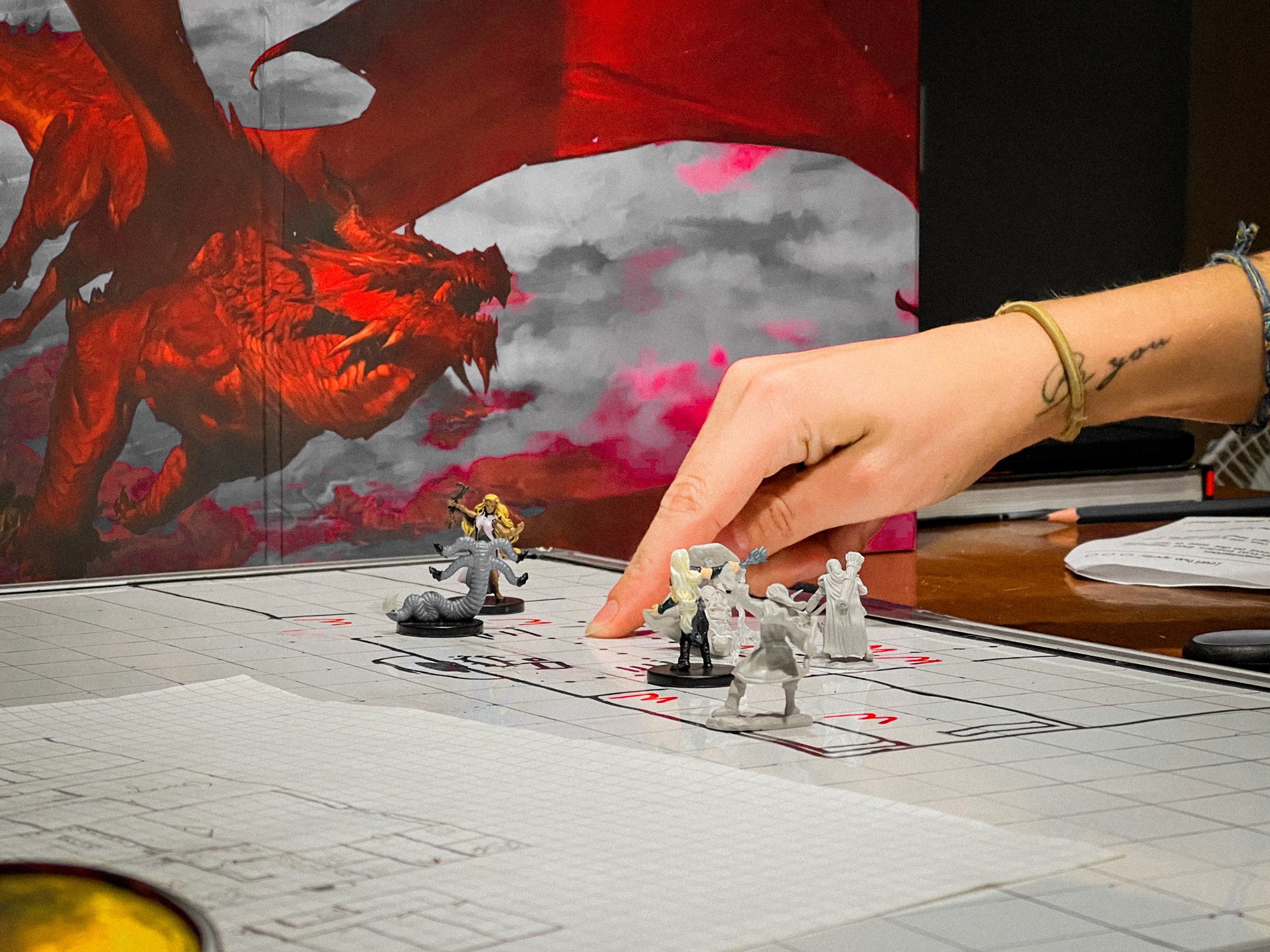Hasbro (HAS +2.07%) owns many classic toy brands, such as Monopoly, The Game of Life, Play-Doh, and Transformers, as well as popular fantasy games like Magic: The Gathering and Dungeons and Dragons. While Hasbro is not a high-growth business, it has been a rewarding investment for many years. Over the last two decades, the stock has more than doubled the return of the S&P 500 with dividends reinvested.
Should you buy the stock during this bear market? Before making that decision, here's what you need to know.

Image source: Getty Images.
Healthy demand for top toy brands
While sales of traditional toys have been just barely growing in recent years, Hasbro has been successful positioning its franchise brands for the increasing demand for digital entertainment, including film, TV, esports, and mobile gaming. Last year, even though toy industry sales declined, Hasbro's total revenue increased 5% excluding currency changes, and this is despite Hasbro's dependence on brick-and-mortar retail stores selling its toys and games. Hasbro has a fast-growing e-commerce sales channel, but it makes up just over 20% of the business right now.
Nonetheless, the current environment highlights how valuable Hasbro's classic games are for many people. In an interview with CNBC on March 23, CEO Brian Goldner mentioned that the company has seen strong demand during the COVID-19 pandemic as parents turn to Hasbro's games to keep their children entertained. Play-Doh is selling well, in addition to Monopoly, which has enjoyed tremendous momentum over the last few years.
Monopoly just had its biggest year in the company's history with double-digit revenue growth after the launch of new themes for the board game, including movie and video game tie-ins. There is a Stranger Things version, Game of Thrones, The Walking Dead, Star Wars, Star Trek, Pokemon -- you name it.
Most of Hasbro's growth is coming from properties with movie tie-ins. The table below shows the huge year the partner brands segment just experienced, which carried the entire company in 2019.
| Segment Revenue | 2019 | 2018 | YoY Change |
|---|---|---|---|
| Franchise brands | $2,412 | $2,446 | (1%) |
| Partner brands | $1,221 | $987 | 24% |
| Hasbro Gaming | $710 | $788 | (10%) |
| Emerging brands | $378 | $359 | 5% |
| Total | $4,720 | $4,580 | 3% |
Data source: Hasbro. Figures in millions.
Emerging growth opportunities
Disney has been a great partner for Hasbro for many years, and the deep pipeline of content coming to new platforms like Disney+ should lead to a steady stream of revenue for licensed toys. In the fourth quarter of last year, Hasbro's partner brands segment posted robust growth of 50% year over year based on strong demand for new Frozen 2 and Star Wars-themed toys. The release of Star Wars: The Rise of Skywalker, the Frozen sequel, and The Mandalorian on Disney+ all helped drive demand.
Another area to watch is gaming. The growth of game streaming and interest in esports has breathed new life into Hasbro's fantasy games. Magic: The Gathering revenue grew more than 30% last year, and Dungeons and Dragons enjoyed its sixth consecutive year of growth. During the fourth-quarter earnings call, Goldner said, "[W]e are meaningfully investing in both brands to drive engaging storytelling while developing new digital games with high-margin profitable growth longer term."
In Oct. 2019, Hasbro acquired Tuque Games, a game development studio in Montreal that will focus on making digital games for Hasbro brands, including Dungeons and Dragons.
But the bigger deal for Hasbro was the acquisition of Entertainment One (or eOne), which closed at the end of 2019. The $4.5 billion deal was a major step for Hasbro that significantly expands its presence in the areas of film, TV, and music, and will allow Hasbro to bridge its toy brands to more entertainment platforms, including the possibility of virtual reality experiences.
Potential headwinds
One possible headwind to watch out for is concentration risk. Hasbro's top three customers totaled 35% of its revenue in 2019. The bankruptcy of Toys "R" Us put a dent in Hasbro's sales a few years ago, when the retail chain made up 9% of Hasbro's top line in 2017. But this is why Hasbro is investing in more direct connections with consumers through digital games and other media, which should diminish this risk over time.
Of course, Hasbro is dependent on its toy license agreements with Disney, but these companies have worked together for many years and just renewed a multi-year agreement in February. As Hasbro expands its capability of cross-promoting its toy brands across different entertainment platforms, as with the eOne deal, it should become an even more valuable partner for Disney and other content providers.
The stock offers good value right now
The stock has rebounded sharply off its recent low of $41. The shares trade for around $76 as of this writing, but that is still well off the 52-week high of nearly $127 from July 2019.
Hasbro doesn't have a "strong" balance sheet in the traditional sense of holding more cash than debt. As of Dec. 29, the day before the acquisition of eOne closed, Hasbro held over $4.5 billion in cash and $4.1 billion in debt. But Goldner disclosed during the CNBC interview that the company had over $1 billion of cash in March after closing that deal.
However, it was encouraging to hear Goldner mention that Hasbro was not laying off any workers during this crisis, which says a lot about the company's financial situation.
Investors should also like Hasbro for its above-average dividend yield of 3.6% at current levels. That's the highest yield in more than five years. Hasbro paid out approximately 65% of its free cash flow last year in dividends, so management has some room to maintain its payout even if earnings dip.
Consumer-discretionary spending will almost certainly decline in the near term, and it's unclear how that will affect Hasbro. However, Goldner characterized the first quarter as being "quite good" on CNBC last month and added that supply chains are up and running in China. But we'll know more when the company releases earnings on April 29.
Overall, the remainder of 2020 will present some challenges, but Hasbro appears to be holding up fine in an unprecedented economic situation with many retailers closed for business. If you're looking for a top consumer brand trading at a discount to its long-term value, Hasbro looks like a buy at these levels.






